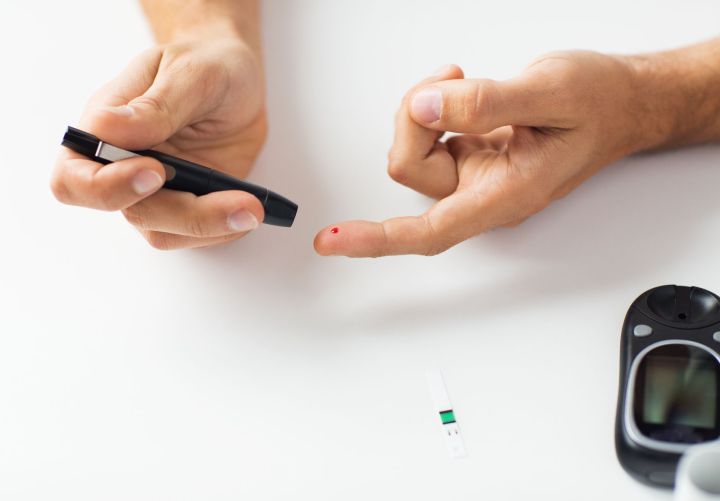
The new implants, known as PEC-Direct from Viacyte, are expected to release inulin when patients’ blood sugar levels rise, thereby returning them to normal levels. The immune systems of Type 1 diabetes patients attack insulin-producing cells in the pancreas, resulting in abnormally low levels of the crucial hormone. While doctors and scientists have long searched for a way to replenish insulin in the human body (often with stem cells), they have been unsuccessful so far.
An implant, however, could be the answer. Scientists designed the new device to automatically release the hormone when it is needed, which allows stem cells to otherwise mature in the body while they are unneeded.
“If successful, this strategy could really change the way we treat Type 1 diabetes in the future,” Emily Burns of the charity Diabetes U.K said. This is actually comparable to another treatment method, in which pancreas cells from organ donors are introduced into patients’ bodies. However, given the lack of donors available, this is often not the most dependable of solutions.
Stem cells address this problem, as they can be produced in essentially infinite amounts.
“A limitless source of human insulin-producing cells would be a major step forward on the journey to a potential cure for diabetes,” said James Shapiro at the University of Alberta, Canada, one of the pioneers of the original donor pancreas method. “For sure, this will, in the end, prove to be a durable landmark for progress in diabetes care.”


